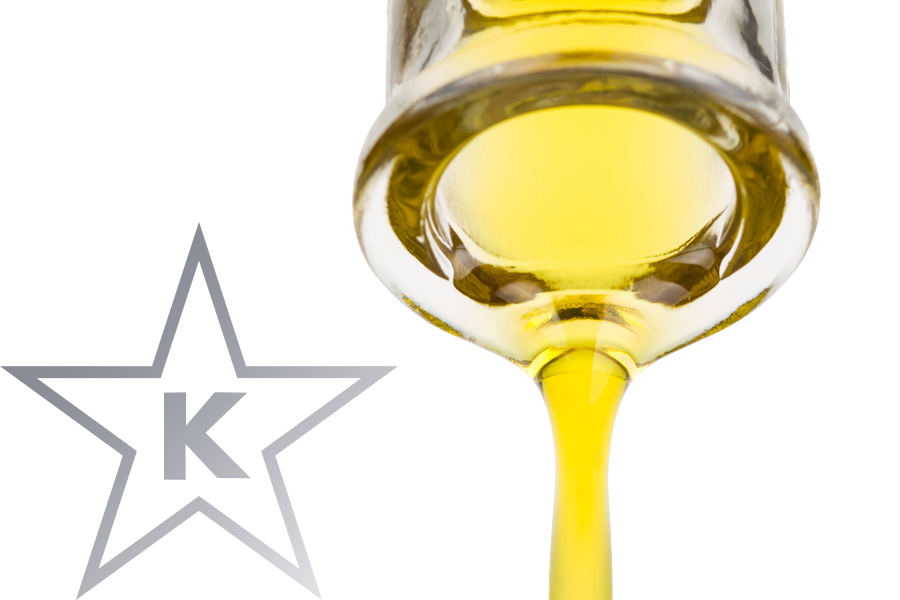Summer 2023
The STAR-K Hotline receives no end of calls from coffee heads who dote on their daily cup of joe, whether from a local Starbucks or a Dunkin’ on the road. Recent changes in Starbucks’ company policy vis-à-vis kosher have further elevated the confusion for the kosher coffee connoisseur. Let’s dive in to clear out some of the haze.
Unflavored roasted coffee beans, whole and ground, are considered kosher without a hechsher. Bearing this in mind, buying a cup of unflavored regular or decaf coffee should not present any kashrus issues. Some coffee vendors, however, sell kosher and non-kosher items, like bacon and ham-filled sandwiches. The keilim used for coffee and the treif items are at times washed together, causing blios (absorbed tastes) from the treif utensil to enter the coffee equipment.
For example, at Starbucks, it’s been established that the brew basket that holds the coffee grounds while the coffee is […]







 STAR-D
STAR-D STAR-S
STAR-S